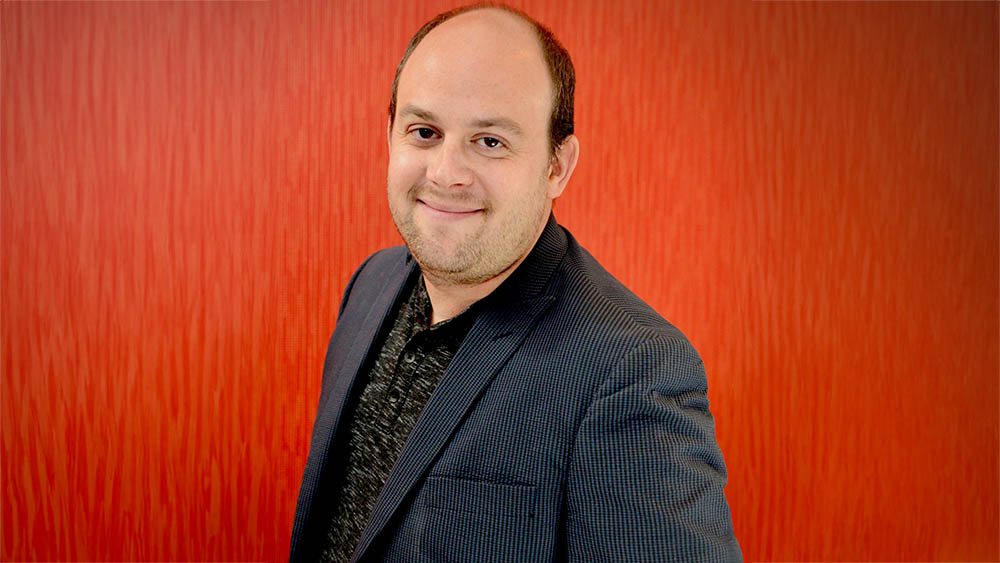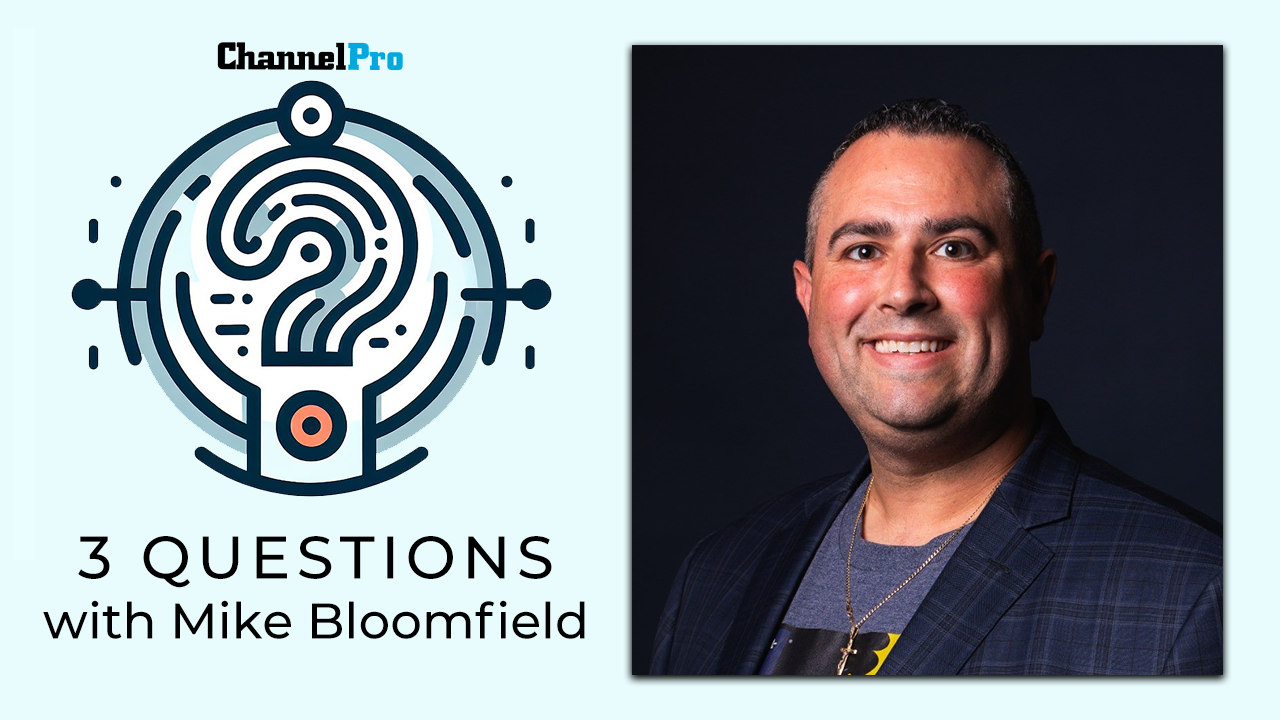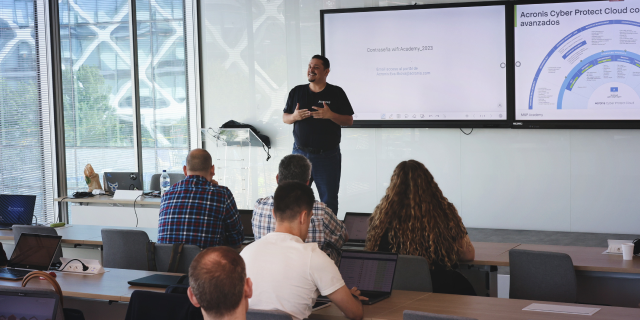The idea to start Virtua Consulting was born in the late 2000s after I did some Apple consulting. At the time, I lived in a studio apartment in Manhattan. I was doing paperwork tickets in FileMaker, where clients would sign a piece of paper. So, I ended up with all this paper.
When the iPad came to market, I was playing with a drawing app, scrawled my name and had an epiphany. If I could draw my name with my finger, there must be a way for me to get the work tickets into the iPad where clients can digitally sign a work ticket, and I can email it.
So, I built an extremely popular app called SignMyPad and we outsourced all the coding to India. From there, things took off.
Growing My Presence
There were a couple of Apple-based conferences at the time, and I started speaking at them. I did a 5-minute presentation called “How to Succeed in the App Business Without Really Trying.” There was enough interest in it, so I did a full, 40-minute presentation the following year called “Appitalize on Your Ideas.” I turned that into a 65-page book.
At these conferences, I started to meet other Apple consultants, and I asked them what they did for ticketing, remote monitoring, and antivirus. It was easy to figure out that no one worked the same way — and no one had a good answer. Everyone was home-growing their own thing. I realized there was a market for another conference.
I started the ACES conference in 2015. It was all about the business side of IT consulting, specifically for Apple consultants.
We had just completed our 11th conference, and we had a branding expert and a marketing expert. We had two people talk about business operating systems, an imposter syndrome session, and a discussion on how to be the most confident person in the room when selling.

Justin Esgar
During the ACES conferences, we acquired three companies, all from people who came to the conference. We just kept pushing forward; people understood that I knew what I was doing with the conference and wanted to be a part of that.
Many people asked me for advice about trouble with their businesses, how to get more clients, or what to do in weird situations. The conference allowed me to make a name for myself within the realm of Apple consultants.
Evolving into a Trusted Business Resource
Under Virtua Consulting Group, we have Virtua Computers, the Apple consulting agency; My Mac Mentor, our training group; and Gravity, our hardware division, which is the name we use in Columbia, MO. Outside of there, people know it as Virtua Computers.
I’m always pushing the envelope, taking risks, and trying things that most other MSPs wouldn’t. I’m also an entrepreneur that became a tech company, so I think in business terms.
I can fix a computer and I’m good with technology, but I may find solutions in business terms as opposed to tech always being the answer. That mindset has allowed us to leverage various things.
For example, we use Halo as our PSA. I did some research and ended up talking to the Halo CEO; now, we’re Halo onboarding partners and one of roughly five Halo resellers. I take advantage of every partner program, mainly because I try to make friends with these people.
What I’ve learned as an MSP is two-fold:
- Push boundaries but be resilient when something doesn’t work.
- Build tolerance for pain when a client calls and says, “We’re not going to work with you anymore,” for whatever reason. Don’t sit back and cry about it. Instead, say, “We’ll lose a $1,000 contract today. Where can I make that up in 30 days?” That’s resilience.
Recognize Your Worth
The No. 1 thing people say about me is I’m a true New Yorker. I will push people even though it doesn’t always work.
Clients in New York are different from clients in the Midwest. So, I have to know how not to be “so New York” for the Midwest. I don’t often take “no” as an answer from clients. If my clients are saying, “Not at this time,” and it’s important, I’ll question them about it.
For example, we have a client with a 2012 iMac. I said I’m not going to support it if it breaks. I’ll push back as much as I can.
MSPs need to learn to know their value and stop thinking that people won’t pay. Don’t be afraid to tell people you’re going to raise your rates.
Also, never stop learning, especially soft skills. That’s important.
Esther Shein contributed to this article.
JUSTIN ESGAR
Founder and CEO, Virtua Consulting
- Founded: 2008
- Locations: New York City and five other locations
- No. of employees: 13
- Website: virtuaconsulting.com
- Company focus: Apple consulting for SMBs
- Recommended books: My book, “Appitalize on Your Idea: Bringing Any Idea to Fruition,” and “The Subtle Art of Not Giving a F*ck” by Mark Manson
- Favorite part of my job: Making a client happy when a situation is ridiculously bad. I love that feeling.
- Least favorite part: When you end up “fighting” with a client over a solution because they don’t understand technology. That’s ok — it’s not their job. But they should be able to understand how to communicate a problem and not have to do so much back and forth.
- What people would be surprised to know about me: I’m a failed amateur standup comedian. I’m not funny on stage; I’m funnier in context. But my failure has given me the ability to talk more, host conferences, do presentations, host a podcast, and do interviews like this. I tell everyone, “If you want to be a speaker or just be more confident, go suck at comedy.”
Images: Justin Esgar













